Off-roading has been a vital part of outdoor recreation in America for decades. It blends adventure, skill, and camaraderie into one unique lifestyle. Yet despite its positive impact, the off-road community often finds itself targeted by negative stereotypes. To outsiders, off-roading can look like nothing more than mud-slinging chaos, fueled by reckless drivers with little regard for the land or anyone else who uses it.
But the reality is far different—especially in Virginia, where groups like Virginia Off Road, a nonprofit dedicated to trail preservation, education, and community engagement, are proving those stereotypes wrong every single day. Our members don’t just ride trails; they protect them, teach others how to use them responsibly, and ensure the off-road community is represented as a force for good.
In this article, we’ll examine the most common stereotypes about off-roading, explain why they don’t hold up, and show how organizations like Virginia Off Road are helping to change the narrative.
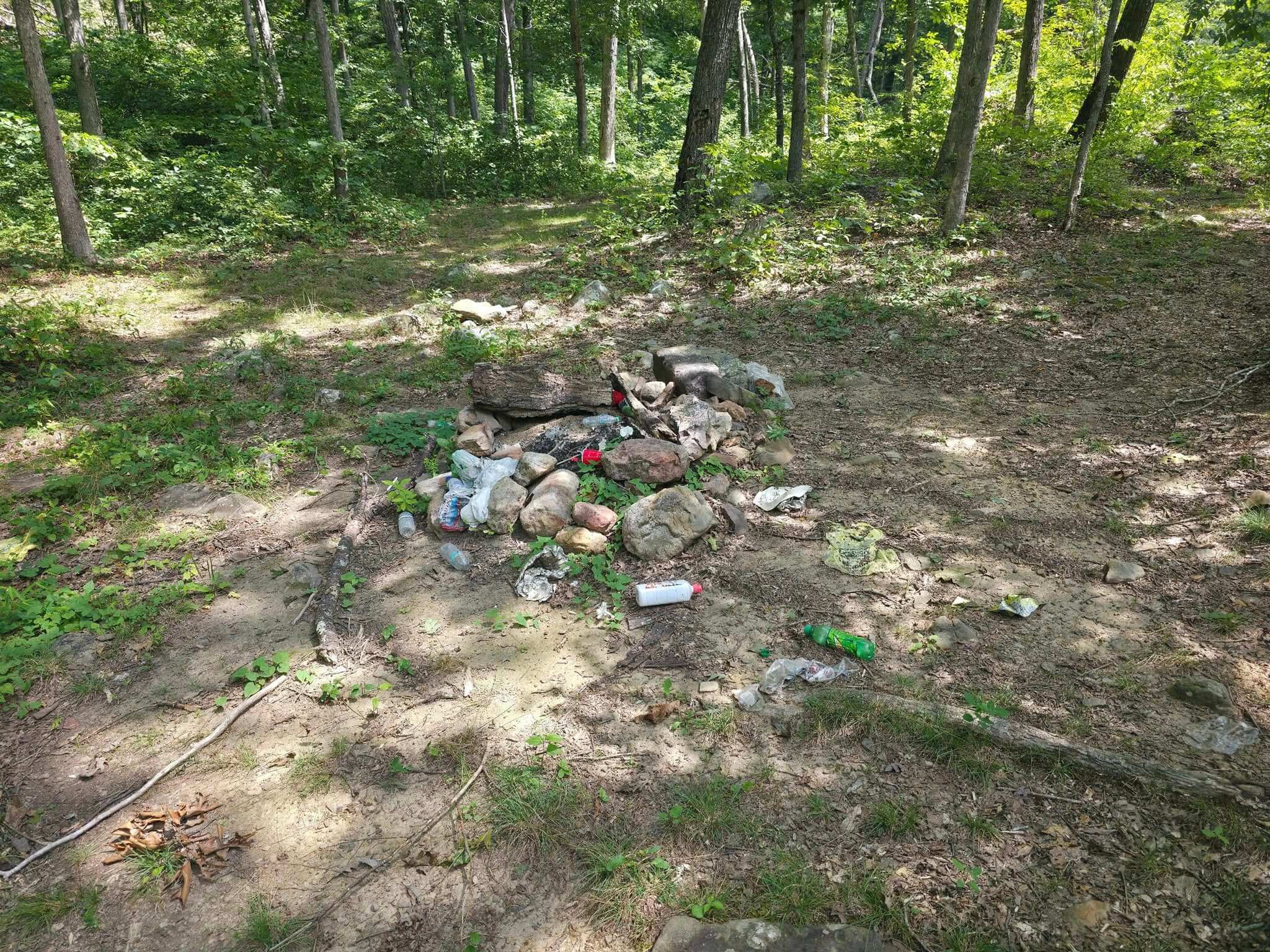
Stereotype #1: Off-Roaders Don’t Care About the Environment
One of the most persistent criticisms is that off-roaders destroy the environment. Detractors point to muddy ruts, damaged vegetation, or litter as proof that four-wheelers are bad for the land.
The Truth: Most off-roaders deeply care about the outdoors. At Virginia Off Road, stewardship is one of our founding values. We run trail clean-up events, encourage members to adopt sections of trail through our Adopt-a-Trail program, and work closely with land managers to keep areas safe and accessible.
We teach “tread lightly” principles—staying on designated routes, avoiding sensitive habitats, and leaving trails better than we found them. Our members are often the first ones out there hauling trash, fixing erosion, and reporting illegal dumping. Instead of damaging the environment, we’re among its most active protectors.
The truth is simple: without organizations like Virginia Off Road, many of Virginia’s trails would see less maintenance, not more.
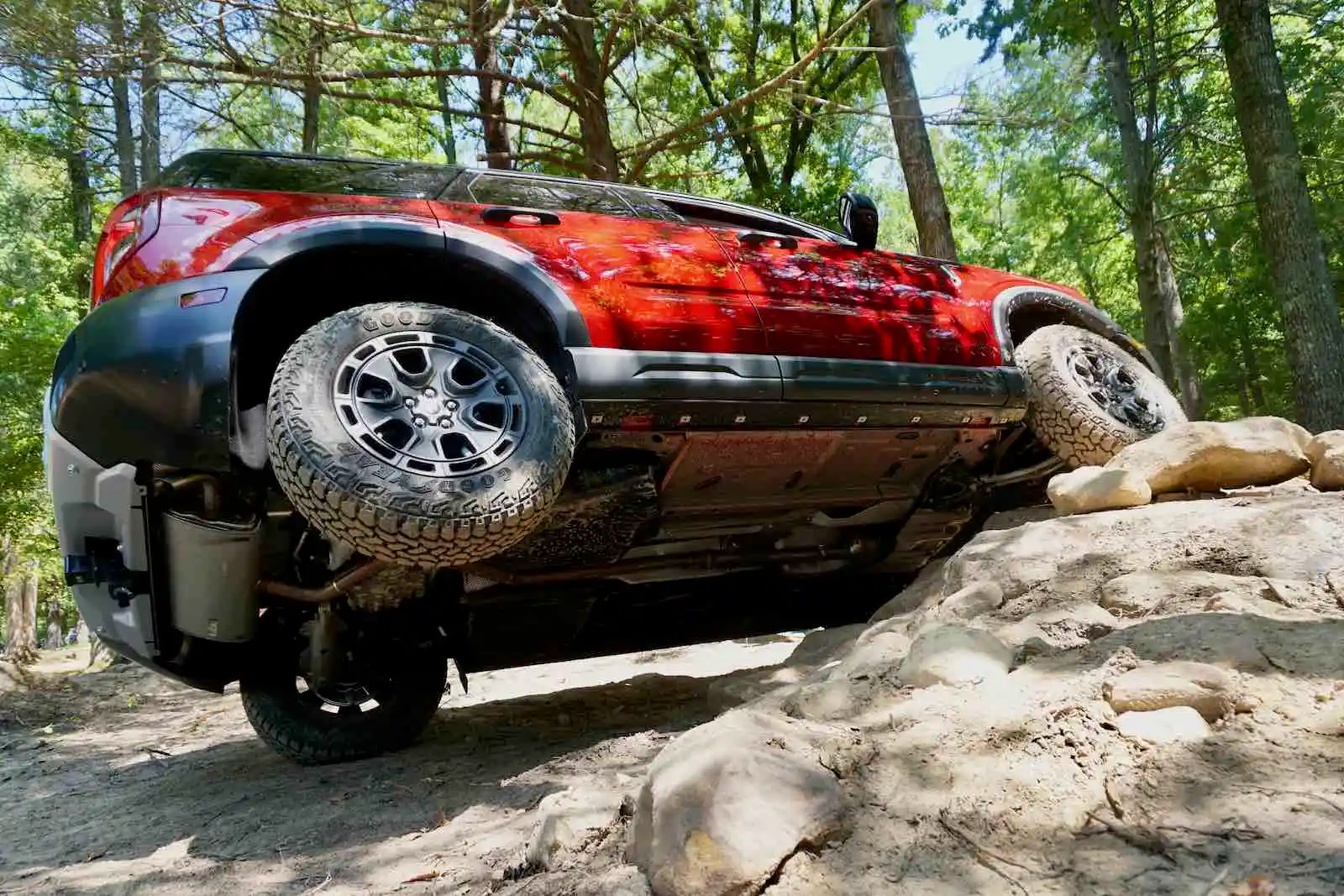
Stereotype #2: Off-Roaders Are Reckless Thrill-Seekers
Pop culture has painted off-roaders as daredevils—drivers who floor it through mud holes, risk rolling over, and treat the trails like racetracks.
The Truth: Real off-roading is about patience, safety, and skill. At Virginia Off Road, we emphasize safety in every ride, from group trips to training courses. Our OHV Safety & Ethics Course gives seasoned off-roaders, newcomers, and even kids the tools they need to enjoy the outdoors responsibly.
We encourage driving with spotters, carrying recovery gear, and respecting both the terrain and other users. Far from being “reckless,” the culture we promote is methodical and safety-focused.
Yes, there are a few bad actors in every community, but they don’t represent who we are. In fact, when people act dangerously on the trails, they put access for all of us at risk—and that’s something Virginia Off Road won’t tolerate.
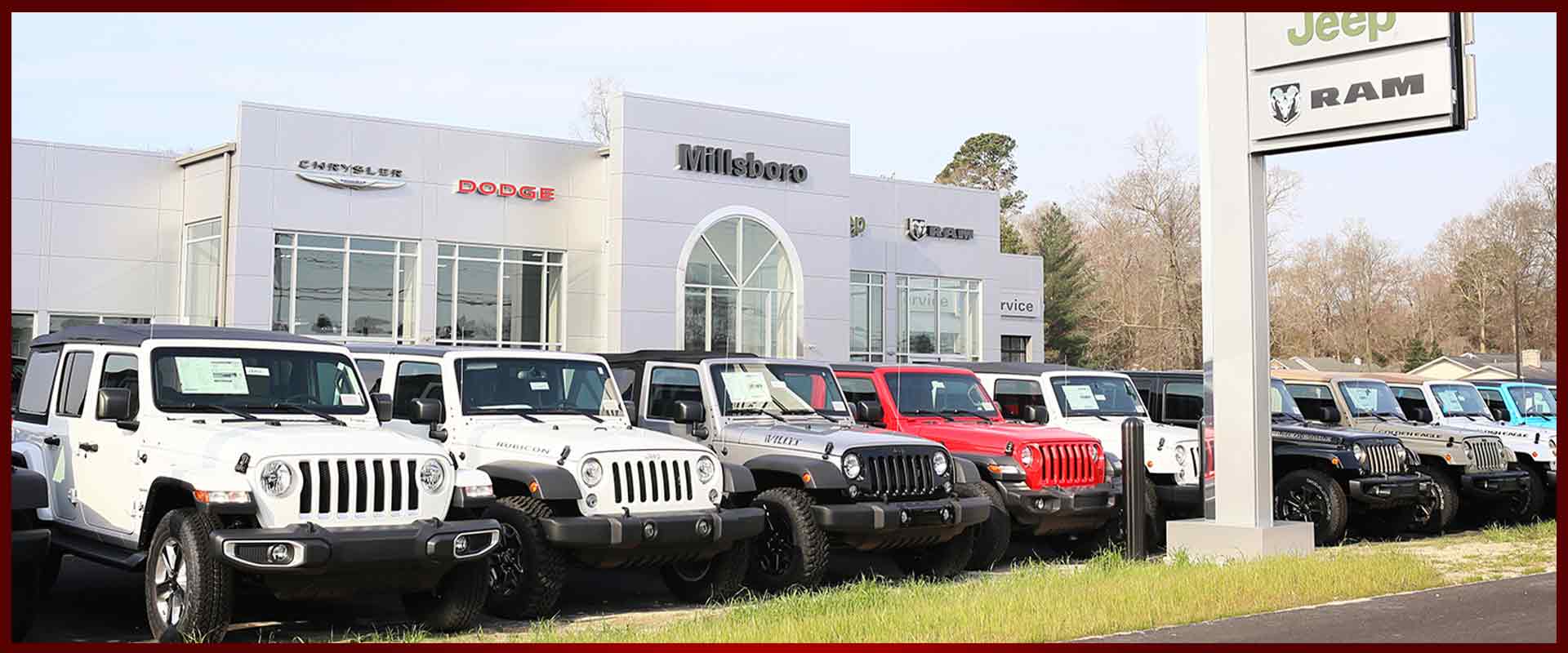
Stereotype #3: Off-Road Vehicles Are Just “Gas-Guzzling Toys”
Some critics dismiss off-road rigs as wasteful, polluting toys with no purpose beyond recreation.
The Truth: Off-road vehicles are multipurpose tools. In Virginia, many of our members use their rigs for daily driving, hauling, and towing. These vehicles serve their families, their jobs, and their adventures. Off-roading isn’t about burning fuel for the sake of it—it’s about using vehicles to explore, camp, and connect with nature.
The auto industry has also shifted dramatically. Hybrid and electric off-roaders are becoming mainstream. Vehicles like the Jeep Wrangler 4xe, Rivian R1T, and Ford F-150 Lightning are showing that off-road capability and sustainability can go hand-in-hand.
At Virginia Off Road, we welcome rigs of all kinds. What matters is not what you drive, but how you use it—responsibly, respectfully, and with an eye toward the future.
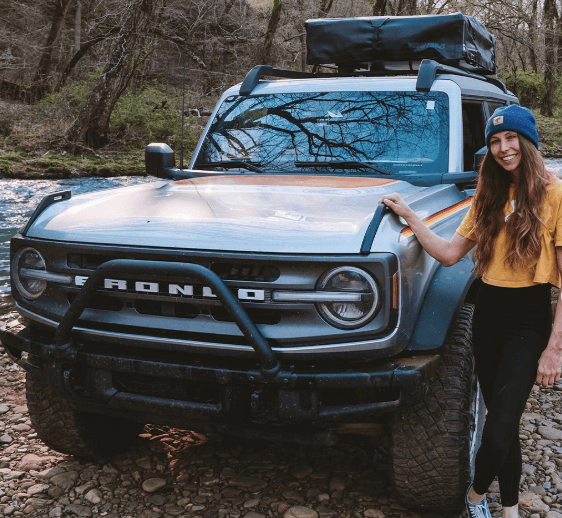
Stereotype #4: Off-Roading is a “Boys’ Club”
The stereotype says off-roading is male-dominated, competitive, and not welcoming to women or families.
The Truth: Off-roading is more inclusive than ever, and Virginia Off Road makes that a core part of who we are. Our rides welcome everyone—women, men, kids, veterans, and families. We’re proud to see more women not just participating but leading trips, teaching courses, and mentoring new drivers.
We also create space for families to enjoy the outdoors together. Parents bring their children along to learn about trail ethics, camping, and vehicle recovery. Instead of a “boys’ club,” our community feels more like an extended family.
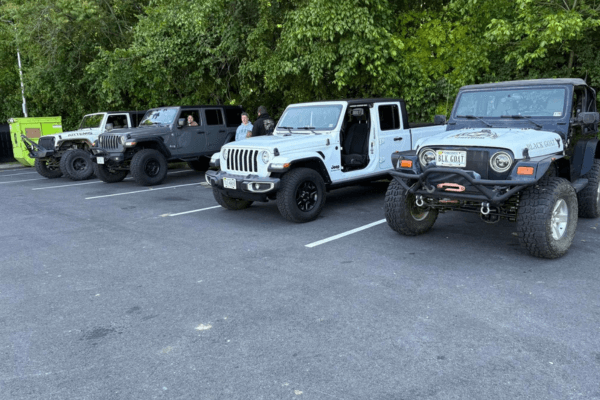
Stereotype #5: Off-Roaders Don’t Contribute to Local Communities
Critics sometimes say off-roaders just take from the land without giving back.
The Truth: Off-roading supports local economies, especially in rural areas where trail access draws in visitors who spend money on fuel, gear, food, and lodging. Studies show that off-road recreation generates billions nationally. Here in Virginia, towns near trail systems benefit directly from off-road tourism.
Beyond the economic impact, groups like Virginia Off Road also give back through service. Our Trail to Recovery program supports veterans by connecting them with the healing power of the outdoors. We organize fundraisers, volunteer days, and community events that put resources back into the very places we ride.
Off-roaders aren’t takers. We’re partners.
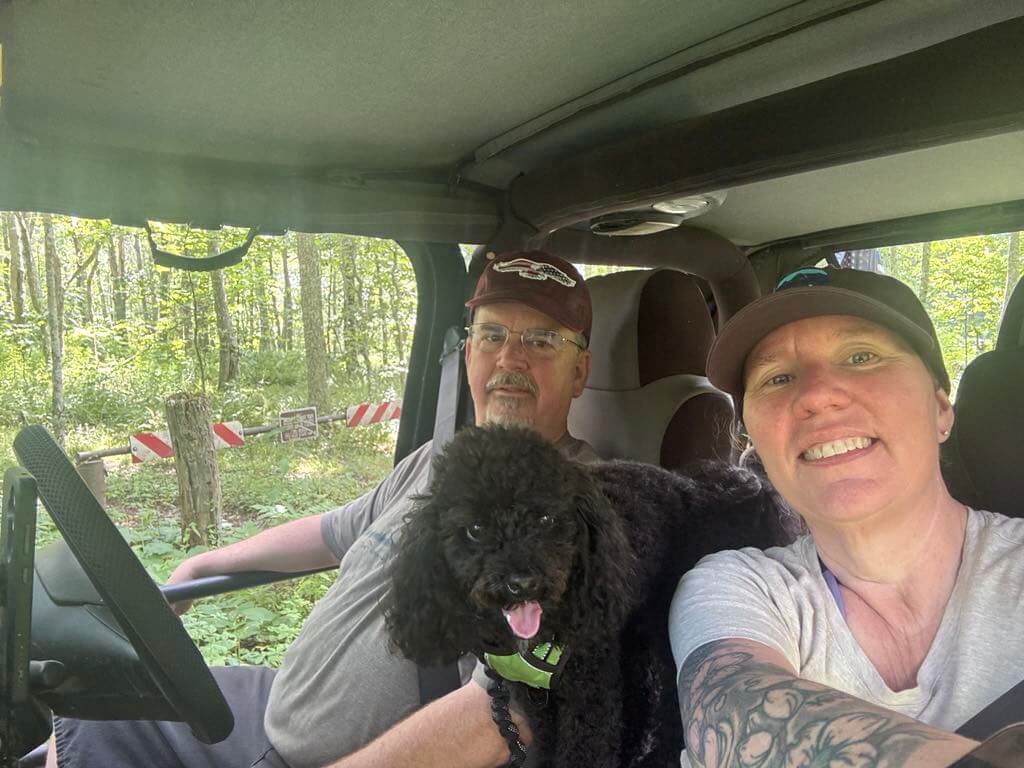
Stereotype #6: Off-Roaders Are Loud, Rude, and Disruptive
Some assume that if a convoy of Jeeps or ATVs rolls through, it means noise, trash, and disrespect.
The Truth: Courtesy is a cornerstone of our culture. At Virginia Off Road, we teach our members to be ambassadors of the hobby—quiet around campsites, respectful toward hikers and horseback riders, and mindful of noise levels in small towns.
Modern vehicles are also much quieter than in decades past. And when we camp, we pack out our trash, set quiet hours, and model good behavior for the next generation. The stereotype of the “rowdy mob” doesn’t fit who we are.
Stereotype #7: Off-Roading is Just “Driving in the Mud”
To outsiders, off-roading is often reduced to a single image: trucks throwing mud for fun.
The Truth: Off-roading is far more technical and diverse than that. There’s rock crawling, overlanding, green-laning, snow wheeling, and more. It takes skill to read terrain, pick lines, use recovery gear, and understand vehicle mechanics.
At Virginia Off Road, we don’t just drive trails—we teach them. Our courses and mentorship opportunities give newcomers the chance to learn everything from winching safely to navigating responsibly. Mud is just one part of the picture. The bigger picture is about skill, challenge, and adventure.
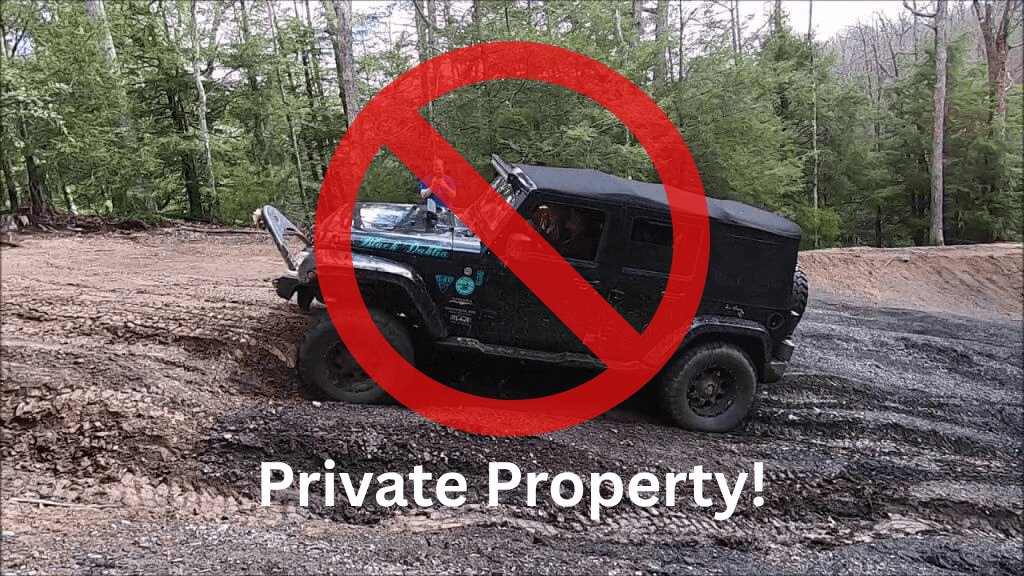
Stereotype #8: Off-Roaders Can’t Be Trusted with Land Access
A common argument is that off-roaders break rules, cut new trails, and ruin it for everyone.
The Truth: The vast majority of us respect the rules, because access depends on it. At Virginia Off Road, we work directly with land managers to promote responsible use. Our Adopt-a-Trail program is designed to give members a direct role in maintaining access by keeping specific routes safe and sustainable.
We also educate new members on how fragile access can be. Every closed trail is a loss for the community, and that’s why we take rules seriously. Our mission is not just to ride trails but to preserve them for the next generation.
Changing the Narrative
The stereotypes about off-roading—whether about the environment, safety, or community—don’t reflect reality. Off-roaders are environmental stewards, safety advocates, economic contributors, and community builders.
Here in Virginia, groups like Virginia Off Road are proving that point every day. We’re out on the trails cleaning, teaching, supporting veterans, and building bridges between outdoor enthusiasts. We believe off-roading is about more than vehicles—it’s about respect for the land, responsibility to each other, and a love for exploration.
Negative stereotypes will always exist, but the best way to fight them is through action. That’s why Virginia Off Road leads by example: preserving trails, teaching safe practices, and welcoming anyone who shares a passion for the outdoors.
Off-roading is not about destruction or exclusion—it’s about stewardship, skill, and community. And in Virginia, thanks to the efforts of off-roaders who care deeply about the land and each other, the truth shines through every time the tires hit the trail.
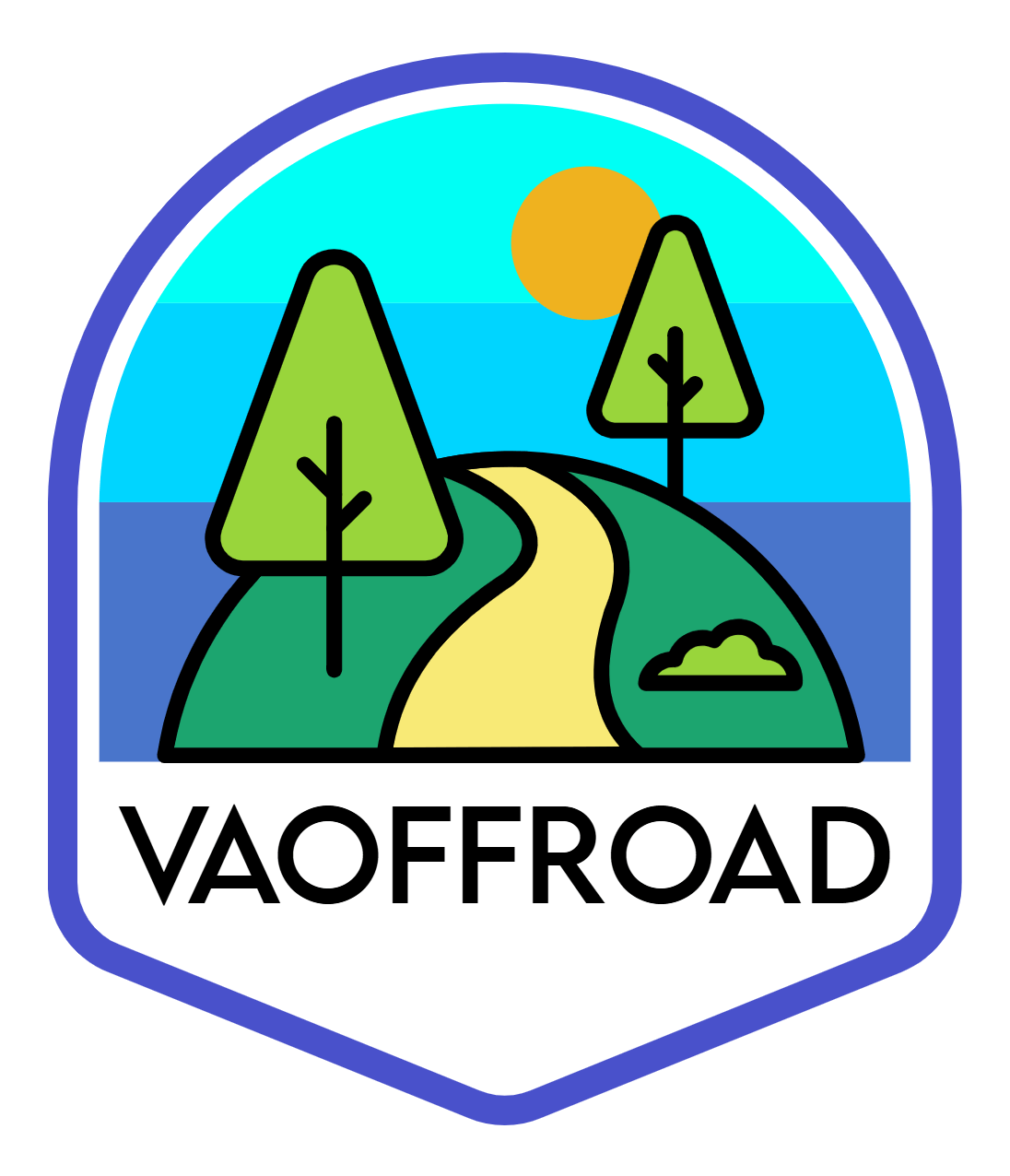
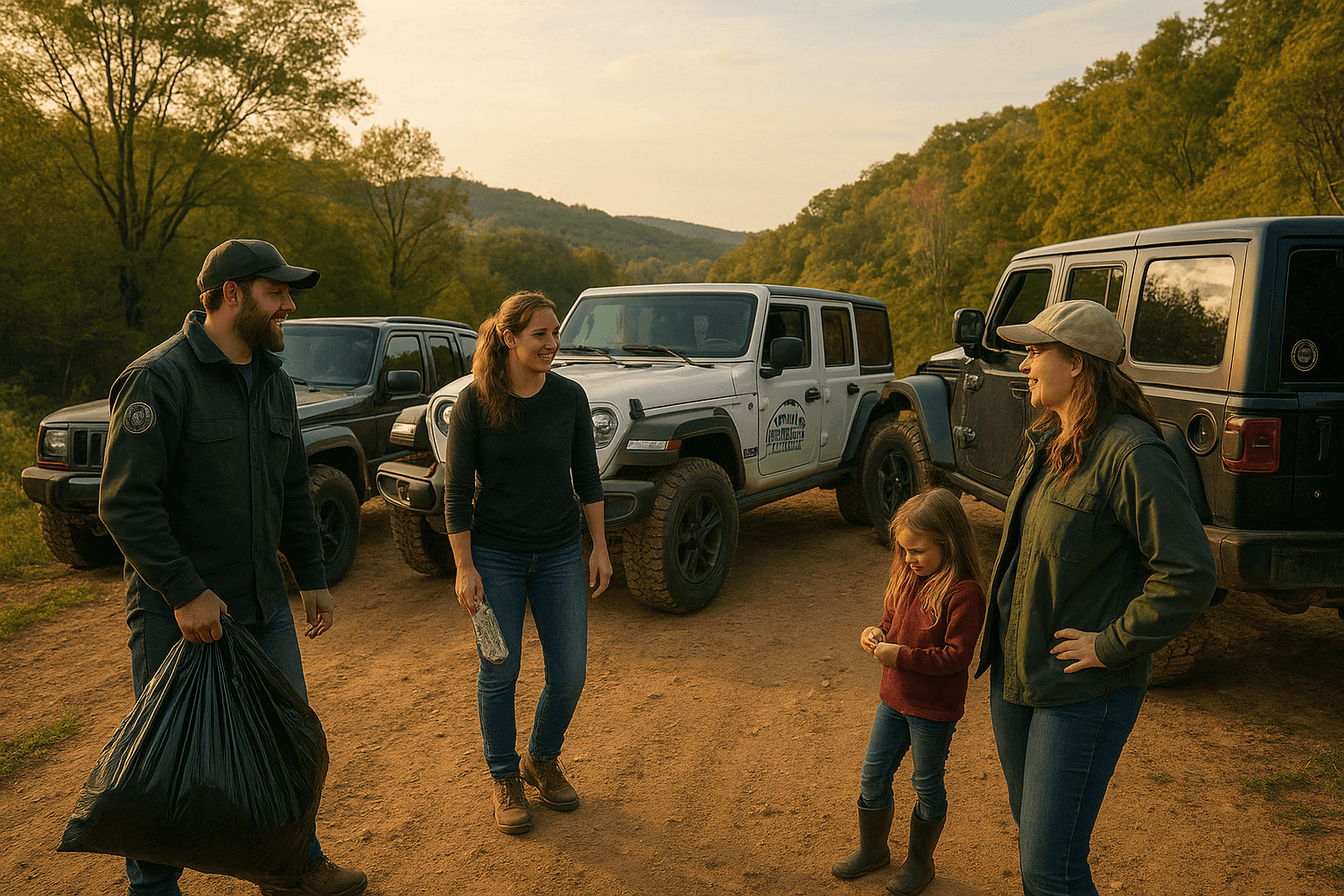
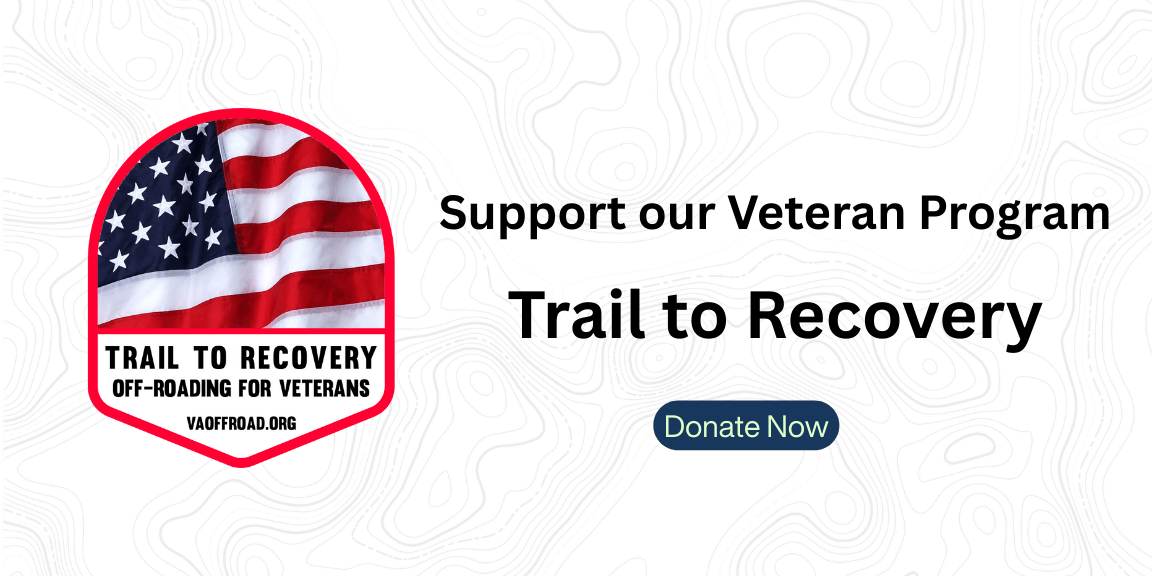

No responses yet